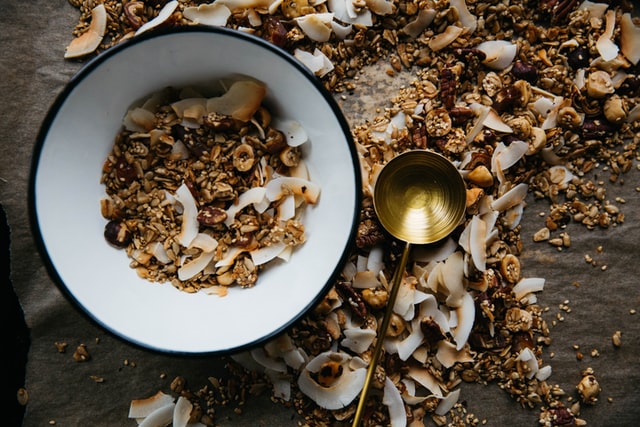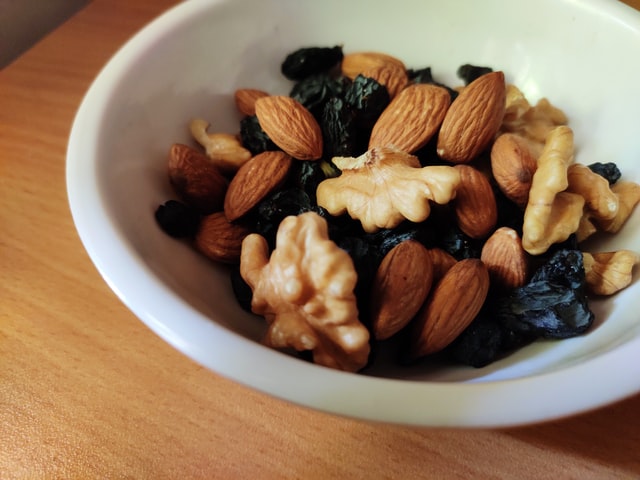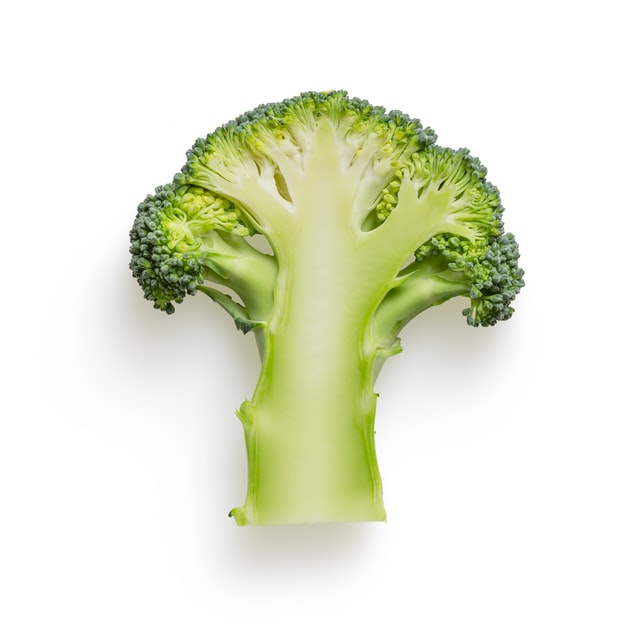Best Foods for Hypertension Patients
Hypertension is a condition where the blood pressure level is higher than normal. It affects nearly 29 million Americans and contributes to heart disease, stroke, or even kidney failure. Fortunately, there are healthy foods that can help reduce hypertension. They include fresh fruits, vegetables, whole grains, legumes, and seafood.
Healthy eating habits can lower the risk of cardiovascular diseases and prevent chronic conditions such as diabetes and high cholesterol.
Some common food items are rich in nutrients, minerals, and vitamins essential for maintaining health. These foods include whole grains, lean meats, fish, low-fat dairy products, and nuts.
Best Foods for Hypertension Patients
1. Whole Grains
Whole grains contain many nutritional benefits including protein, iron, calcium, fiber, B-vitamins, zinc, magnesium, and selenium. Studies have shown that people who eat more whole grain products tend to be healthier. This is because they perform better mentally and physically. Moreover, it helps maintain good bowel movements by reducing constipation.

2. Lean Meats & Fish
Lean meat may also give you better muscle tone and promote overall body strength (especially when combined with regular physical activity). Fish contains omega 3 fatty acids which lower bad cholesterol levels in the body and reduce the chances of having a stroke or heart attack. Also, the protein content of fish has been linked to improved insulin sensitivity.
3. Low-Fat Dairy Products
Low-fat milk, cheese, yogurt, and ice cream are good sources of calcium and vitamin D. In addition, these foods are lower in saturated fats. The main component of dairy products like milk, cheese, and yogurt is casein protein; this substance plays an important role when it comes to lowering cholesterol.
4. Nuts
Nuts like almonds, walnuts, pistachios, and peanuts are loaded with antioxidants. Antioxidants keep your immune system strong and protect you from heart attacks and strokes. Also, they reduce the risks of cancer. Nuts like almonds are rich in monounsaturated fats. Monounsaturated oils are believed to provide protective effects against coronary artery disease. Walnuts are high in polyunsaturated fats. This fat type helps increase HDL (good) cholesterol levels and decrease LDL (bad) cholesterol levels.

5. Seaweeds
Seaweeds are rich in iodine and other trace minerals. They are found in all parts of the ocean except salt water. This includes kelp, dulse, nori, arame, wakame, dashi kombu, bonito, and hijiki. Seaweeds are very beneficial in providing the daily requirement of Vitamin A, C, and E along with other micronutrients. These elements are vital for various functions of the human body.
6. Broccoli
Broccoli is not just delicious but also extremely healthy. It has several health benefits like improving digestive health, boosting immunity, and providing additional protection against certain types of cancers. It contains folic acid, lutein, and zeaxanthin which are anti-oxidant compounds that protect liver cells and improves vision.

7. Beans
Beans are a great source of fiber, dietary nitrates, folate, potassium, manganese, and magnesium which makes them excellent for controlling high blood pressure. Red beans are best since they are richer in anthocyanins, which are responsible for their red color. Black bean powder is another good option. It provides more nutritional value compared to ground black beans.
8. Berries
Berries are full of antioxidant properties. Blueberries, raspberries, strawberries, and cranberries are some examples of berries that are exceptionally nutritious and tasty. They are low on calories and are packed with fiber, vitamins, and essential nutrients. Eating berries every day can help boost brain power and memory.
9. Spinach
Spinach is a fantastic green veggie that tastes delicious while packing a lot of nutrition into its little leaves. Not only does spinach have vitamin K and A, but it’s also an excellent source of carotenoids and flavonoids. Including spinach in your diet can prevent chronic diseases such as asthma, gastrointestinal disorders, diabetes, and even cardiovascular diseases.
10. Pumpkin Seeds
These tiny seeds pack big amounts of zinc, copper, and magnesium into a small package. While pumpkin seeds aren’t going to make you grow any extra pumpkins or jack o lanterns, they do offer lots of nourishment for your body. Studies show that eating raw pumpkin seeds regularly can improve insulin sensitivity and may even speed up weight loss over time!
11. Eggs
Eggs are one of the most versatile food items because they can easily be incorporated into almost any meal or snack recipe. They contain choline that promotes the growth of nerve tissue and supports brain function. Choline is especially important during pregnancy because it will promote proper fetal development and growth. When consumed right before bedtime, eggs also support restful sleep.
Conclusion
The above-mentioned foods have been chosen due to their ability to aid our immune system, boost metabolism, cure diseases, slow down the aging process and increase energy levels. With so many health benefits at hand, you should include these superfoods in your list of regular foods.